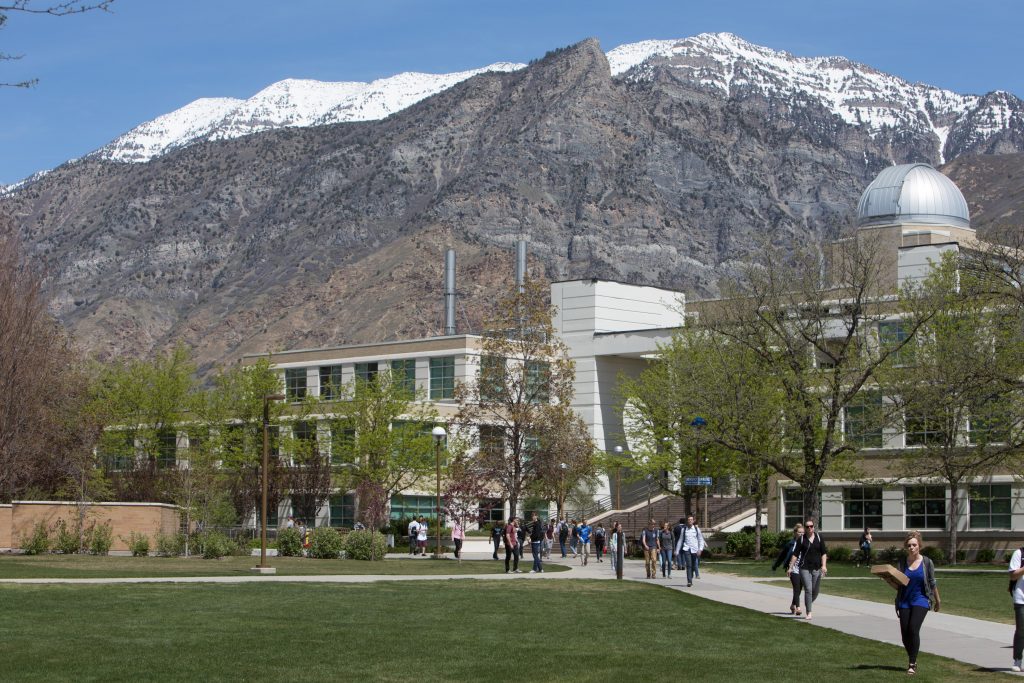
Provo’s Squaw Peak could have a new name due to a Utah bill that was given a unanimous vote of approval in a committee meeting on Oct. 19.
Sen. Jani Iwamoto presented the Place Name Amendments bill to the Native American Legislative Liaison Committee’s meeting last month. He explained there are 56 identified names in Utah where ‘squaw’ is used, but there’s not a clear process on how to change the name.
“So what this legislation does is it gives local control to the areas (and) municipalities where they want to make these changes, and we are giving them these guidelines on how to do so,” Iwamoto said during the committee meeting.
Southern Ute woman Shaina Snyder, 26, is a member of the Repeak Committee, a group of community members and local indigenous representatives that are currently attempting to change the name of Squaw Peak.
A member of the Diné tribe, Snyder said the word ‘squaw’ was brought to Utah with westward migration during the California gold rush.
“At the time of the naming of Squaw Peak in the 1850’s, the common usage of the word was negative, associated with the word ‘prostitute’ or a woman of ill repute,” Snyder said.
Although it is not part of local Utah County tribes’ vocabulary, Snyder said she would still be surprised if any Native Americans used the word ‘squaw’ as a term of endearment for their female relatives in today’s times.
Snyder said it is important to change these derogatory names because “how we see people determines how we treat them.”
In the state of Utah, Native American women make up only .01% of the state’s population, Snyder said. However, they make up 27% of the state’s reported rape cases.
“It is the view of the Repeak Committee that the word squaw is a derogatory and disrespectful name and has negative effects on the current public policy affecting Native American women in Utah. This is something we can change with Senator Imowoto’s legislation,” Snyder said.
Tamara Borchardt-Slayton, chair of the Paiute Indian Tribe of Utah, said she fully supports the Place Name Amendment because these derogatory names have no place in our current day and age in Utah.
“With this proposed legislation we can unite and move forward with consultation, proper consultations, and a proper process that will be outlined to determine a landmark name,” Borchardt-Slayton said.




